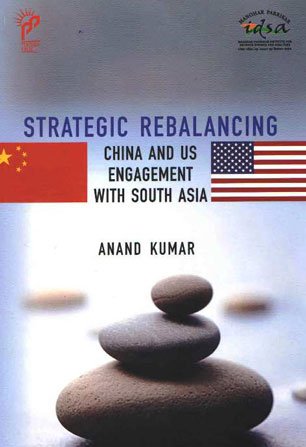Bangladesh Foreign Policy vis-à-vis India
Foreign policy of a country is primarily a projection of its socio-economic and political compulsions in international politics. Apart from other determinants, the foreign policy of Bangladesh was always guided by its core factors, where India occupies centrestage. Bangladesh, pursues its foreign policy based on its geographical surroundings, historical legacy, and more importantly, persistence of a number of outstanding bilateral issues, which are vital to its existence.
- Sanjay Bhardwaj
- April 2003
















